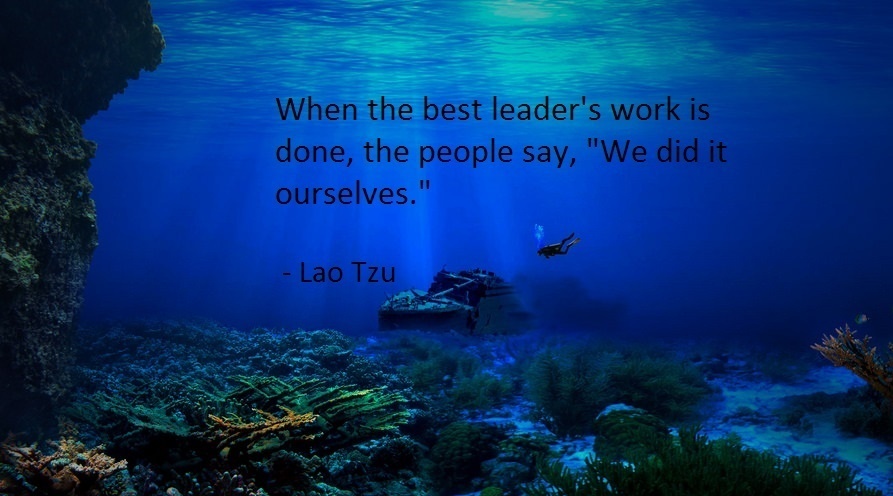Creating Dynamic Teams – Starts with Leadership
Why is developing a high-performing and effective team seem like an impossible wish? You’ve hired well. The team is filled with competent, driven, and intelligent individuals. So why do they flounder when working together? Why do they gravitate toward finger-pointing and blame? Why are you seeing performance or service oriented issues? Is it simply a lack of commitment, failure to take ownership, or poor interpersonal skills? Perhaps. But the reality is, having the right people, in the right positions is never enough. It’s only the start.
Think about professional sports. Even the most talented teams, filled with strong and ambitious players, engage with a full-time coach to help them stay at the top of their game. A coach helps the team to play collectively. To work together. To make the most of their talent, and to shore up their weaknesses. A coach leads the team to its own success.
Your teams are the same. They need a strong leader to perform at their collective best. 
Leadership is the fundamental building block of highly successful teams. Leaders set the tone, create the stage, and determine the direction of their team. A leader must not only be capable – having the skills and knowledge to lead projects and initiatives, but s/he must also be confident in his/her ability to lead others. This isn’t self-aggrandizing confidence, this is recognition of the requirements of the leader’s role.
Confident leaders assemble strong teams. Beyond hiring talented individuals, they also support and mentor their team, encouraging them to be their best. They are confident to ask questions they do not know the answers to. And they expect the team to openly challenge ideas when they have questions or doubt. By welcoming feedback, they model the importance of collaborative problem solving. Confident leaders give others an opportunity to shine – and demonstrate the value of ownership and accountability.
Confident leaders trust their teams. They demonstrate the importance of honesty, and rely on the team to identify mistakes and find solutions. They trust them to communicate and work with each through involvement – not interference. Such leaders recognize that their role is to ensure fluidity in internal communication and collaboration, not micromanagement. They support healthy workplace relations and address issues of conflict before it undermines their team.
Confident leaders build a respectful work environment. They demonstrate respect through the way they communicate and listen to their team. Through their follow-up and willingness to stay back, or jump in when needed. Through their honesty, trust, and commitment to help. They create an environment that builds reciprocal respect. Where the leader is respected for his/her role – just as each team member is recognized and respected for their own.
While there are many qualities that are essential to a team’s success, the attributes of the leader are at its core.





